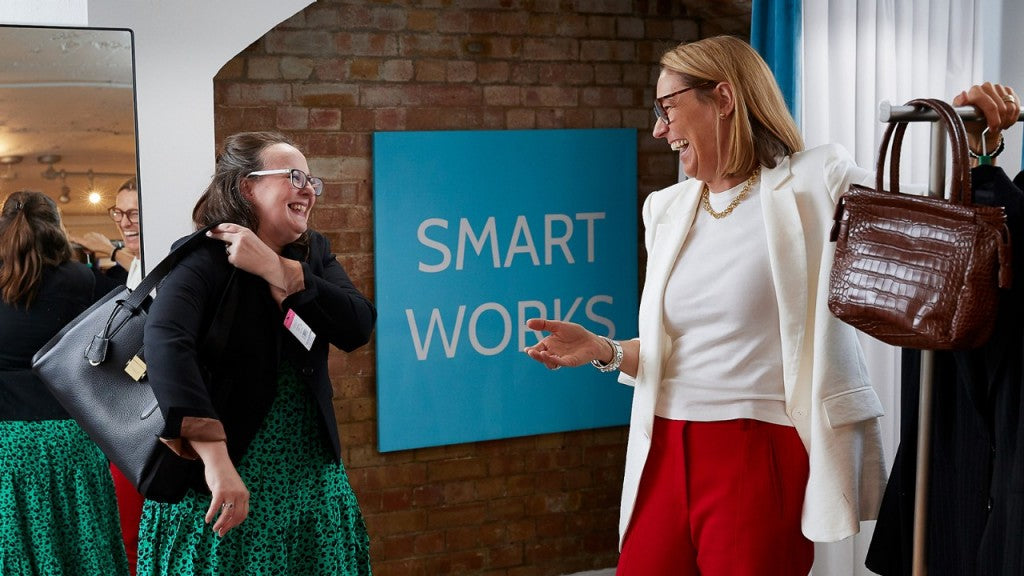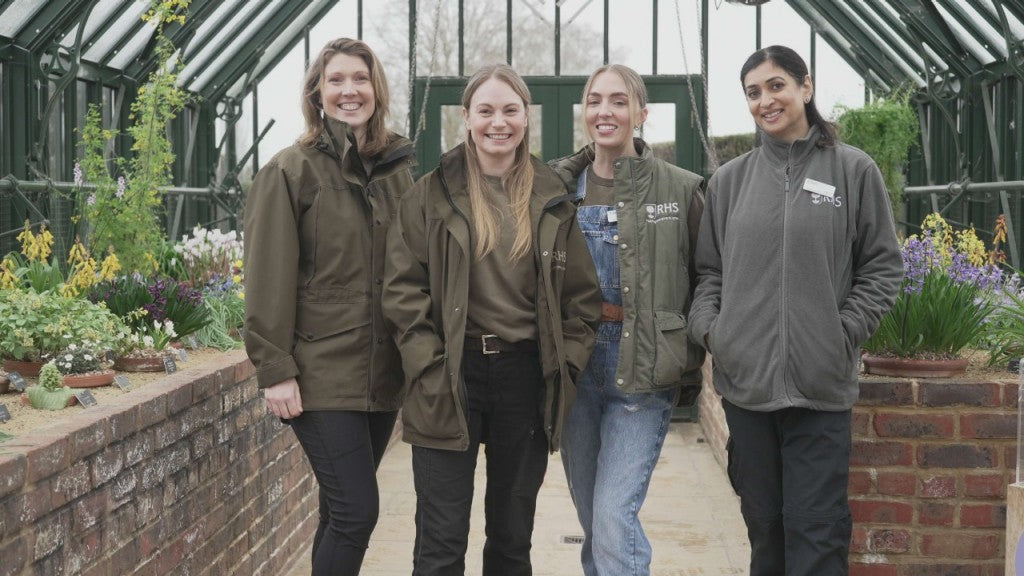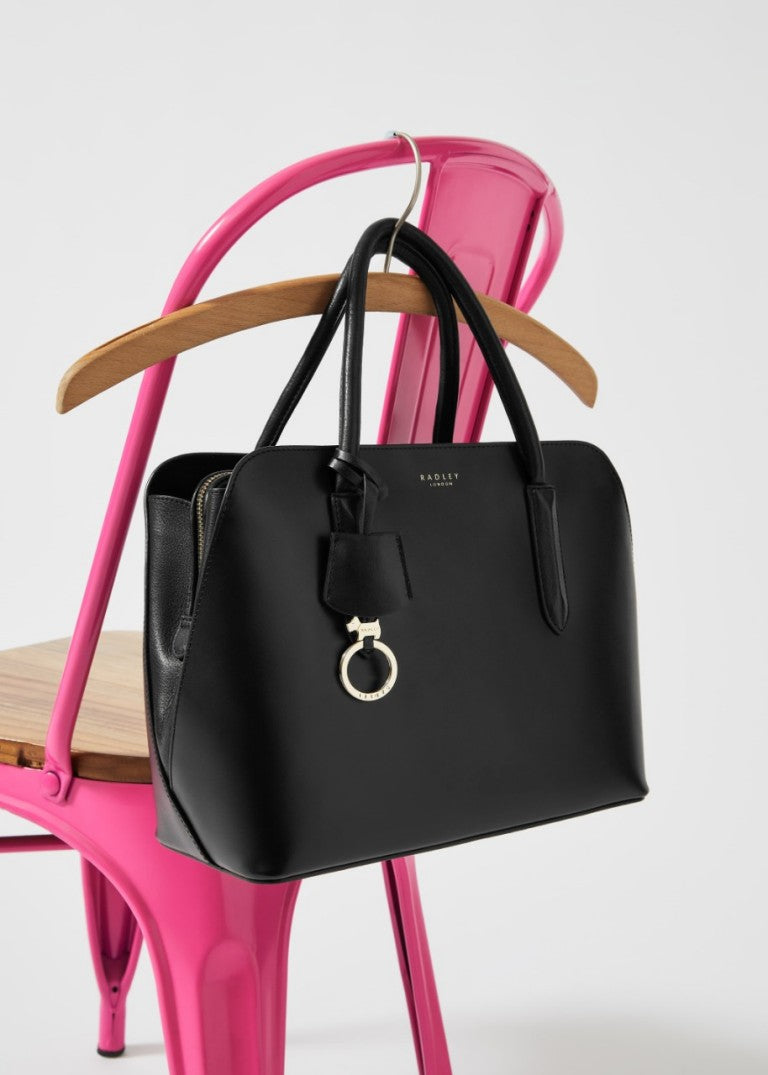People and Planet
Supporting Smart Works Charity on International Women’s Day, And Every Day
Radley X RHS: Meet Some of the Female Gardeners at RHS Garden Wisley
Behind the Brand: Jackie and Martyn talk World Environment Day
Proud to be an Official Wardrobe Partner for Smart Works Charity
How We’re Supporting Smart Works Charity this International Women’s Day




